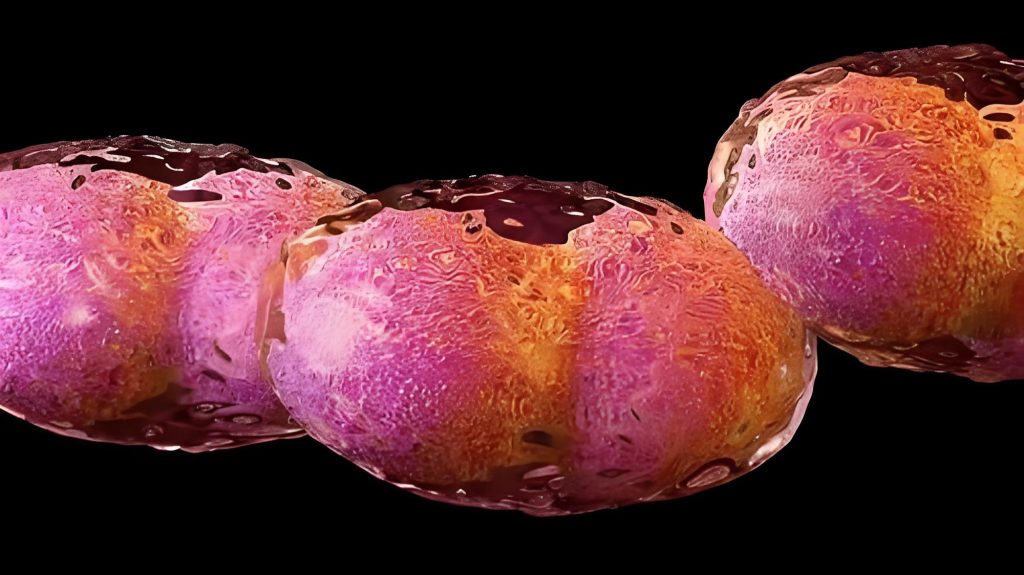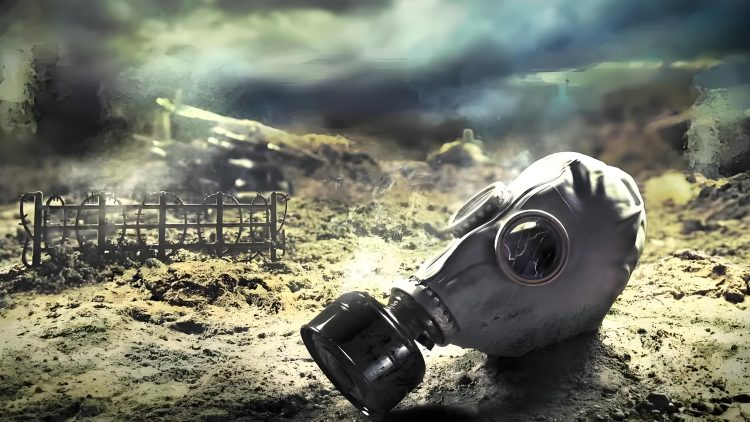In the ever-evolving landscape of global security threats, the specter of biochemical weapons looms large. These weapons, capable of causing widespread harm through the release of toxic agents or pathogens, pose a significant challenge to national defenses and public health. However, amidst this uncertainty, there lies a beacon of hope: the potential of artificial intelligence (AI) to revolutionize biochemical weapon defense.

The Need for a Smarter Defense Strategy
As biochemical weapons continue to evolve in sophistication and accessibility, traditional defense methods are struggling to keep pace. Rapid detection, accurate identification, and effective mitigation of these threats require a level of precision and speed that human-driven systems alone cannot consistently deliver. This is where AI steps in, offering a powerful new tool for biochemical weapon defense.
Early Warning and Rapid Detection
One of the key areas where AI can make a significant impact is in early warning and rapid detection of biochemical threats. By leveraging advanced sensor networks and machine learning algorithms, AI-powered systems can continuously monitor the environment for signs of suspicious activity. These systems can analyze vast amounts of data in real-time, identifying patterns and anomalies that may indicate the presence of a biochemical weapon. This early warning capability can provide critical lead time for authorities to activate emergency response protocols and minimize the impact of an attack.
Accurate Identification and Characterization
Once a biochemical threat has been detected, accurate identification and characterization are essential for effective mitigation. AI-powered systems can analyze samples of the suspected agent, using advanced spectroscopic and bioinformatic techniques to rapidly identify its composition and properties. This information is crucial for determining the appropriate response measures, such as administering the correct antidote or vaccine, and for informing the public about the nature and risks of the threat.
Adaptive Response and Decision Support
In the face of a biochemical attack, rapid and effective decision-making is critical. AI can play a pivotal role in providing commanders and emergency responders with real-time situational awareness and decision support. By integrating data from multiple sources, including sensor networks, weather forecasts, and population demographics, AI-powered systems can generate dynamic response plans that are tailored to the specific circumstances of the attack. These plans can take into account factors such as wind direction, population density, and the availability of medical resources, ensuring that the response is as effective and efficient as possible.
Continuous Learning and Adaptation
One of the most exciting aspects of AI’s potential in biochemical weapon defense is its ability to continuously learn and adapt. As new threats emerge and existing ones evolve, AI-powered systems can incorporate new data and knowledge into their models, improving their accuracy and effectiveness over time. This continuous learning cycle ensures that defense systems stay ahead of the curve, protecting against even the most sophisticated and elusive biochemical weapons.
Ethical Considerations and the Future of AI in Biochemical Weapon Defense
As we embrace the potential of AI in biochemical weapon defense, it is essential to consider the ethical implications of this technology. Ensuring that AI-powered systems are used responsibly, with due consideration for human rights and international law, is critical to fostering trust and cooperation in the global community. Collaboration between nations, industry leaders, and civil society organizations will be key to developing ethical guidelines and frameworks that ensure the responsible and sustainable development of AI in this sensitive domain.
In conclusion, AI holds immense potential to revolutionize biochemical weapon defense, providing a powerful shield against the threat of these devastating weapons. By leveraging its capabilities in early warning, rapid detection, accurate identification, adaptive response, and continuous learning, AI-powered systems can help to protect our nations, communities, and citizens from the devastating consequences of a biochemical attack. As we navigate this exciting new frontier, let us do so with a commitment to ethical considerations and responsible innovation, ensuring that the potential of AI in biochemical weapon defense is harnessed for the benefit of all.











































Discussion about this post